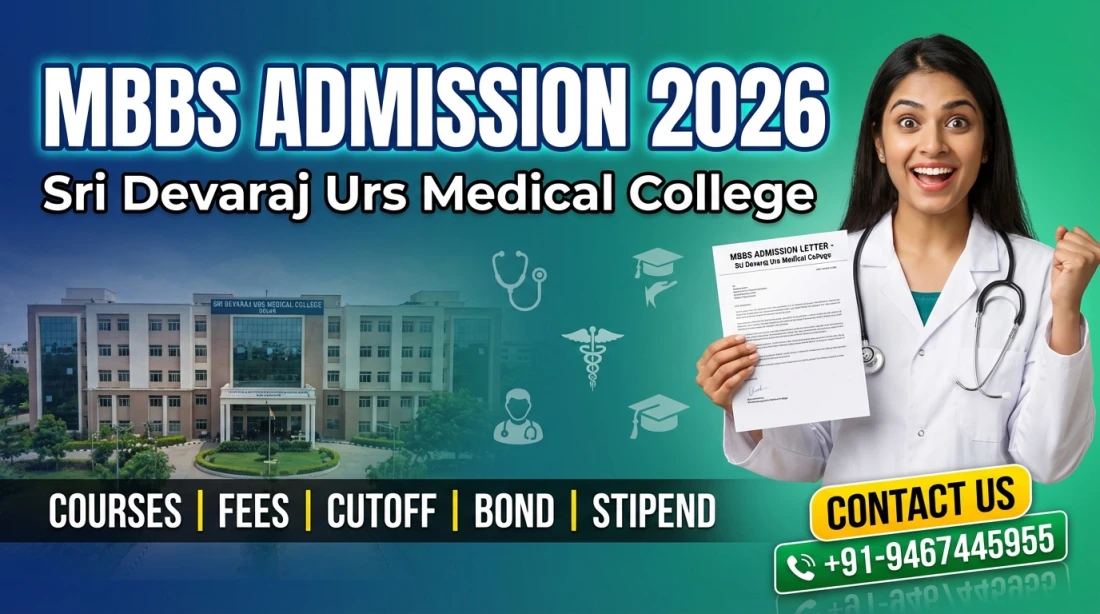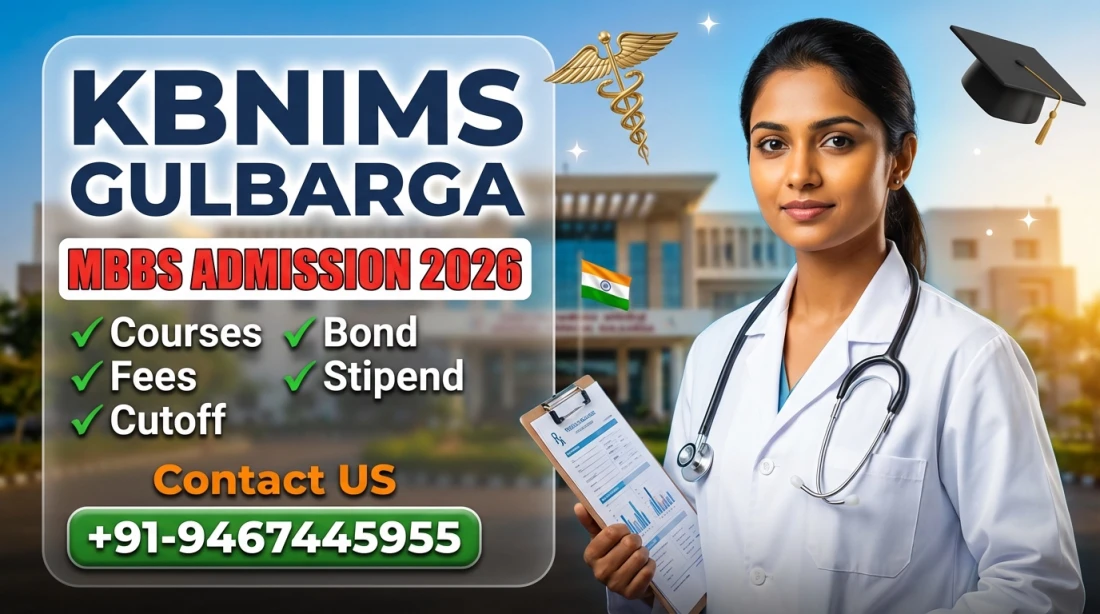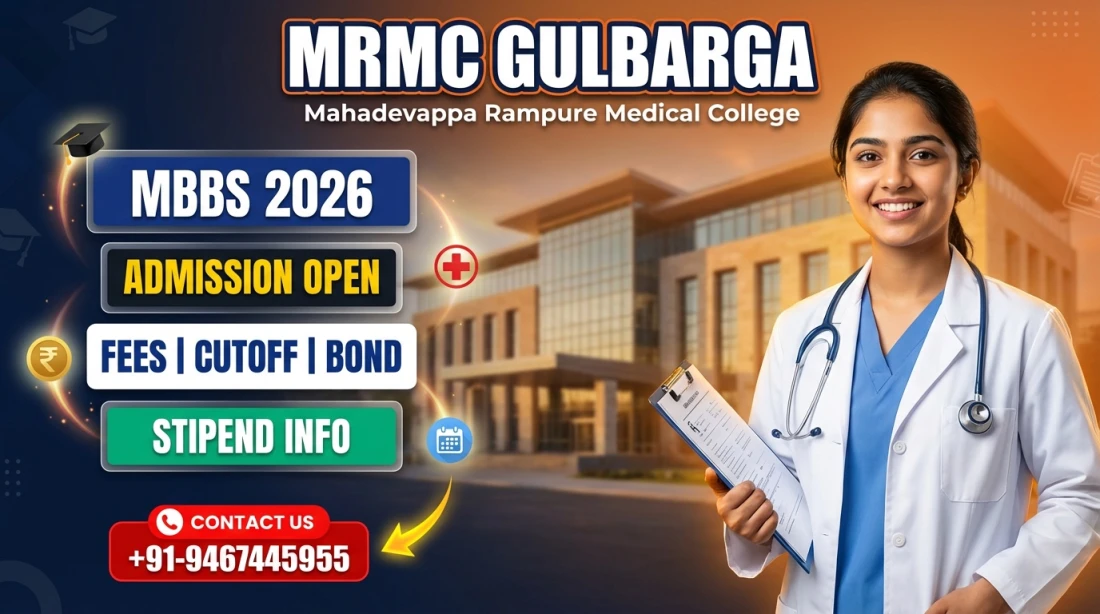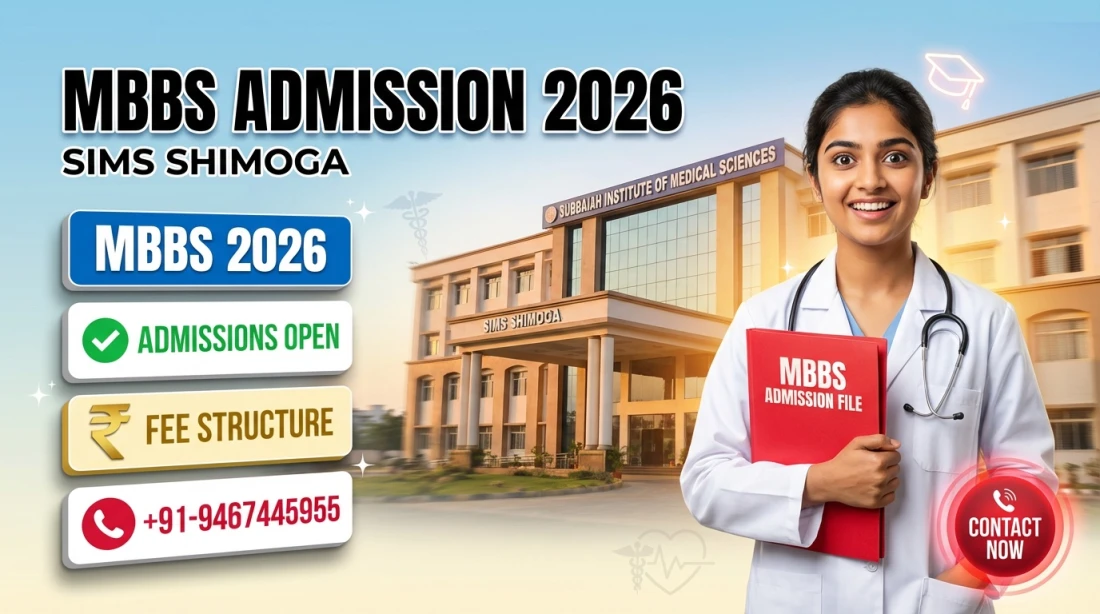
MD Microbiology Courses: Eligibility, Colleges, Admissions
MD Microbiology Course Overview
Doctorate of Medicine or MD Microbiology is a 3-year degree course. Students can apply for this course after obtaining an MBBS degree with a minimum of 60% aggregate marks. It is also possible to apply for this course after the completion of any postgraduate degree in medical studies or any other relevant subject. Various microorganisms, their behavior, origin, and how they affect any living organism are the main areas of study in this course.
Those who aspire to study MD Microbiology must complete their high school education in the science stream with physics, chemistry, and biology as the core subjects. INI CET, PGIMER, and NEET-PG are a few popular entrance tests for MD Microbiology.
A professional graduate of MD Microbiology can apply for job posts in both the public and private sectors of the country. Many top-ranked recruiters like Columbia Asia, Siemens Healthcare, Apollo Hospitals, and AIIMS hire these graduates of MD Microbiology. Professional graduates of MD Microbiology get an average salary from 2,00,000 to 22,00,000 INR per annum. These professionals can work as Microbiology Research Assistants, Bacteriologists, Medical Laboratory Scientists, etc. Some of the top colleges offering MD Microbiology are AIIMS, Kolkata Medical College, CMC Vellore, and Post Graduate Institute of Medical Medical Education and Research among others.
M.D Microbiology Course Highlights
| Full Form | Doctorate of Medicine in Microbiology |
| Course Level | Doctorate |
| Duration | 3 years |
| Eligibility | M.B.B.S. with 50% and relevant PG Degree from MCI recognized Institute |
| Age Limit | No |
| Admission Process | Merit-based or Entrance-based |
| Similar Options of Study | MD (Pathology), MD (Physiology), MD (Pharmacology), MD (Biochemistry) etc. |
| Course Fee | INR 42,000 to 12.3 Lakhs per year |
| Average Starting Salary | INR 10 LPA |
| Job Positions | Physician, Microbiologist, Healthcare Consultant, Physical Therapist, Biological Scientist, Occupational Therapist, Medical Scientist, etc. |
| To Recruiting Areas | Hospitals, Healthcare Facilities, Diagnostic Centres etc |
M. D. Microbiology Overview
M. D. Microbiology or Doctor of Medicine in Microbiology is a three-year post-graduate course in the field is Microbiology where sub-specialties of Bacteriology are taught to the candidates in full detail including Virology, Mycobacteriology, Parasitology, Mycology, Immunology, and Serology which in turn would help students in diagnosing and preventing the spread of infectious diseases in the society at large. General Microbiology, Human Immunology, Mycology, and bacterial pathogenesis are the subjects covered under this course. Having completed this course successfully, candidates find many career options waiting for them to pursue.
Who can opt for MD in Microbiology?
Candidates who wish to enroll for this course should have passed their M.B.B.S with minimum marks of 55% and should be prepared to appear for a postgraduate medical entrance examination conducted by reputed universities and institutes offering this course. This course is highly beneficial to those who intend to study the pathogenesis of infectious diseases, the nature of infecting organisms, for laboratory technologists and health care professionals.
It helps them diagnose, treat and establish effective relationships with their patients as well. It is suited to those who have a keen mind towards acquiring knowledge about the principles of research methodology and epidemiology. However, such candidates should possess an investigative mind, should have knowledge about recording and analysis techniques, interpreting and presenting data, making use of quantitative and qualitative techniques, statistical programs and spreadsheets, and so on. Moreover, one should possess skills in microscopy, microbial identification, use of safety regulations, and application of scientific thoughts, rationales, and approaches.
How is MD in Microbiology beneficial?
This course produces excellent teachers and specialists who can identify the medical needs of the society as a whole through proper diagnosis and treatment of their diseases and ailments, keeping in mind the objectives of the national health policy and who understand the advancements and developments taking place in the field of medical and diagnostic microbiology. Candidates can become research scientists who are engaged in designing, conducting, and analyzing experiments or become science writers who are involved in researching, writing, and editing scientific news articles and features for business, trade, and professional publications, scientific journals, and the media in general.
M.D Microbiology Syllabus
To help you with the syllabus of Microbiology, here is the list of practical and theoretical subjects:
| Practical Subjects | Theoretical Subjects |
|---|---|
| General Microbiology | Bacteriology |
| Immunology | Immunology |
| Systematic Bacteriology | Mycology |
| Virology | Parasitology |
| Parasitology | - |
| Mycology | - |
| Applied Microbiology | - |
| Recent Advances in Medical Microbiology | - |
FAQ-MD in Microbiology
Q: What is MD in Microbiology?
Candidates acquire knowledge in the sub-specialties of Bacteriology including Mycobacteriology, Virology, Parasitology, Immunology, and Serology Mycology to be able to deal with diagnosis and prevention of infectious diseases in the community. Subjects studied under this degree are general microbiology, human immunology, mycology, and bacterial pathogenesis. The course includes general microbiology, human immunology, mycology, and bacterial pathogenesis.
Q: What is the eligibility for MD in Microbiology?
- Candidates should have passed an M.B.B.S. with a minimum of 55% marks from a recognized university board.
- Some reputed colleges and universities conduct an entrance examination for admission.
Q: Which Top institutes offer MD in Microbiology?
- All India Institute of Medical Sciences, [AIIMS] New Delhi
- King George's Medical University, [KGMU] Lucknow
- Jawaharlal Institute of Post Graduate Medical Education and Research, [JIOPGMEAR] Puducherry
- Maulana Azad Medical College, [MAMC] New Delhi
- Armed Forces Medical College, [AFMC] Pune
- University College of Medical Sciences, [UCMS] New Delhi
- Jawaharlal Nehru Medical College, Aligarh Uttar Pradesh
- Institute of Post Graduate Medical Education And Research, [IPGMER] Kolkata West Bengal
- Government Medical College and Hospital, [GMCAH] Chandigarh
- Lady Hardinge Medical College, [LHMC] New Delhi
- Madras Medical College, [MMC] Chennai, Tamil Nadu
- Osmania Medical College, [OMC] Hyderabad, Telangana
Looking for Admissions?
Get in Touch with us to Take the Next Step Now!
Top MD Microbiology Colleges

M.S. Ramaiah Medical College (MSRMC) Bangalore : Admission 2026, Facilities, Courses Offered, Admission Guidance, Fee Structure, How to Apply, Eligibility, Cutoff, Result, Counselling, Contact Details, etc.

Kempegowda Institute of Medical Sciences (KIMS) Bangalore : Admission 2026, Registration, Cutoff, Dates, Courses Offered, Fees Structure, Eligibility, Selection Criteria, Application Process, Contact Number
![Sapthagiri Institute of Medical Sciences and Research Centre [SIMSRC] Bangalore](https://neetugpgcounselling.com/assets/images/college/neet-ug-pg-counselling-19112025181908.webp)
Sapthagiri Institute of Medical Sciences and Research Centre [SIMSRC] Bangalore

Sri Devaraj Urs Medical College Kolar : MBBS Admission 2026, Courses, Fees Structure, Cutoff, Bond, Stipend etc

Khaja Bandanawaz Institute of Medical Sciences (KBNIMS) Gulbarga : MBBS Admission 2026, Courses, Fees Structure, Cutoff, Bond, Stipend etc

Navodaya Medical College Hospital & Research Center Raichur : MBBS Admission 2026, Courses, Fees Structure, Cutoff, Bond, Stipend etc

Kasturba Medical College (KMC) Mangalore : MBBS Admission 2026, Courses, Fees Structure, Cutoff, Bond, Stipend etc

Shri BM Patil Medical College Hospital and Research Centre Bijapur : MBBS Admission 2026, Courses, Fees Structure, Cutoff, Bond, Stipend etc

KVG Medical College & Hospital Sullia : MBBS Admission 2026, Courses, Fees Structure, Cutoff, Bond, Stipend etc

S Nijalingappa Medical College Bagalkot : MBBS Admission 2026, Courses, Fees Structure, Cutoff, Bond, Stipend etc

SDM College of Medical Sciences and Hospital Dharwad : MBBS Admission 2026, Courses, Fees Structure, Cutoff, Bond, Stipend etc

Basaveshwara Medical College and Hospital (BMCH) Chitradurga : MBBS Admission 2026, Courses, Fees Structure, Cutoff, Bond, Stipend etc

Mahadevappa Rampure Medical College (MRMC) Gulbarga: MBBS Admission 2026, Courses, Fees Structure, Cutoff, Bond, Stipend etc.

Subbaiah Institute of Medical Sciences Shimoga : MBBS Admission 2026,Courses offered, Fees Structure, Program Brochures, Placements, Contacts Details, Reviews, Eligibility, Seat Matrix, Cutoff

Srinivas Institute of Medical Sciences Mangalore : MBBS Admission 2026, Courses, Fees Structure, Cutoff, Bond, Stipend etc.

Kasturba Medical College (KMC) Manipal : MBBS Admission 2026, Courses, Fees Structure, Cutoff, Bond, Stipend etc.


















